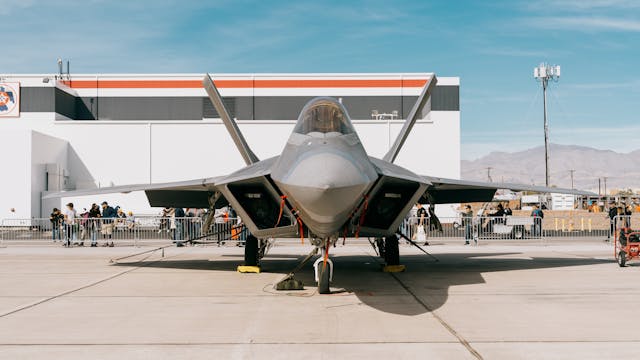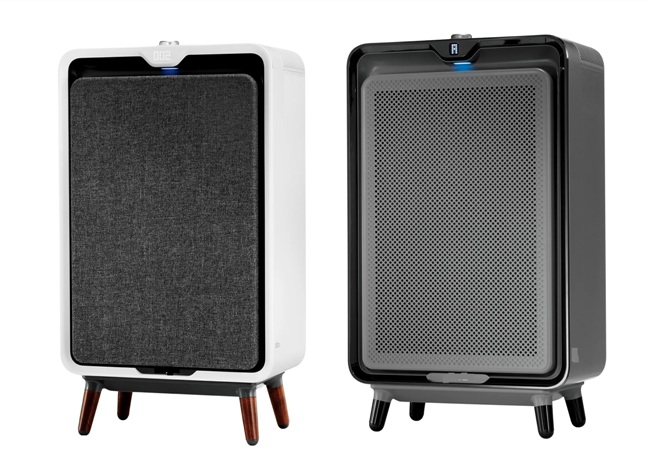
The global market for rheumatoid arthritis treatments is expected to grow at a CAGR of...
Learn More
Our consulting solutions address company specific challenges with respect to micro environment...
Learn More
Organizations frequently need day-today research guidancein order to gain strategic...
Learn More
Exploring different areas of market research and market analysis is a key factor...
Learn MoreAcute Market Reports presents the most extensive global business research services across industries. Our research studies focus on potential outcomes, benefits, and risks associated with each market segment across geographies. Having served our global clients for more than 10 years, our prime priority is to enable our clients in making well-informed business decisions through a data-driven, analytical, and uncomplicated research approach.
We provide access to the world's most comprehensive, analytical, and updated business intelligence services and solutions.




The stealth coatings market is expected to grow at a CAGR of 6.8% during the forecast period of 2025 to 2033, driven by the increasing demand for advanced stealth technologies, the expanding applications in various industries, and the ongoing geopolitical tensions nec...
Read More
The dog clothing market has experienced significant growth in recent years, driven by the rising trend of pet humanization and the increasing demand for fashionable and functional clothing for dogs. The market revenue has witnessed steady growth, wit...
Read More
The indoor air purification market is expected to witness a CAGR of 8.1% during the forecast period of 2025 to 2033, driven by increasing awareness of the importance of clean and healthy indoor air. The indoor air purification market is driven by hea...
Read More




